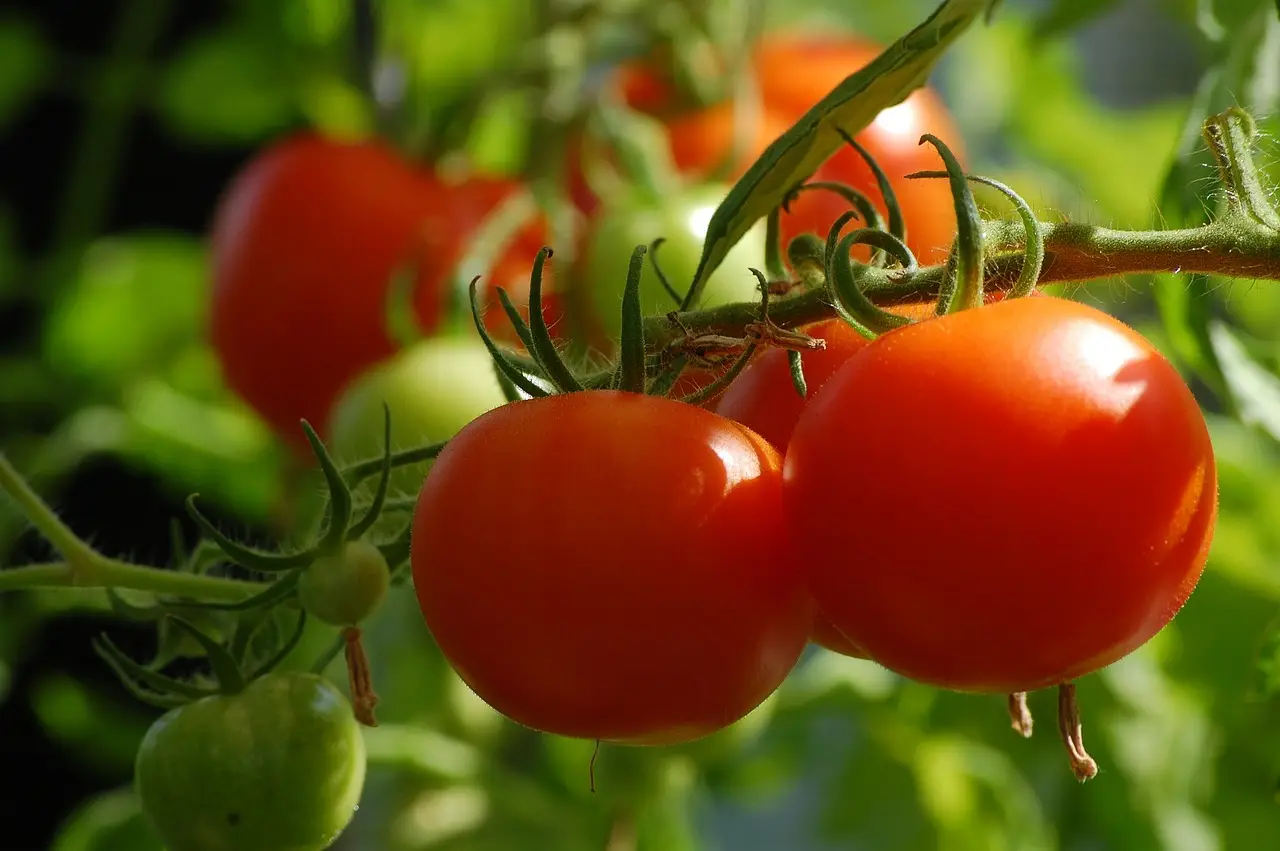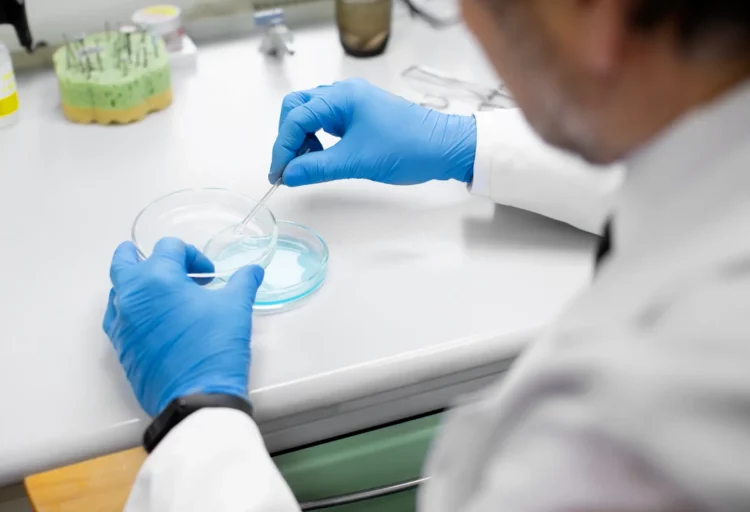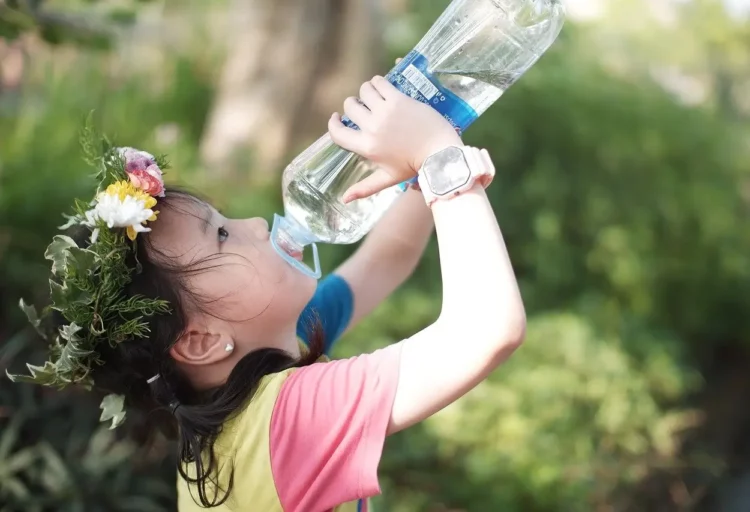A report from PAN Europe reveals a worrying increase in food contamination by PFAS, those per- and polyfluoroalkyl substances.
PFAS are used in a variety of products, including pesticides. The agrochemical industry has added fluorine atoms to certain pesticides to boost their effectiveness, creating what are now known as “PFAS pesticides.”
The PAN Europe report, based on 2021 data, shows that:
- 20% of fruits grown in Europe contain PFAS residues.
- Contamination is more common in summer fruits: 37% of strawberries, 35% of peaches, and 31% of apricots.
- Vegetables are also affected: an average of 12%, with notable exceptions like 42% of chicory and 30% of cucumbers.
- The countries with the highest contamination levels are the Netherlands, Belgium, Austria, Spain, and Portugal.
- The number of products with PFAS residues nearly tripled between 2011 and 2021.
PAN Europe is calling for an urgent ban on PFAS-containing pesticides. The organization argues that these substances are unnecessary for agriculture and are an easily avoidable source of contamination.
The buildup of PFAS in water, soil, and the food chain poses a long-term risk to human health and the environment. It’s crucial to take action to protect citizens and ensure healthy food.
For a complete understanding of the issue, read the full article:



